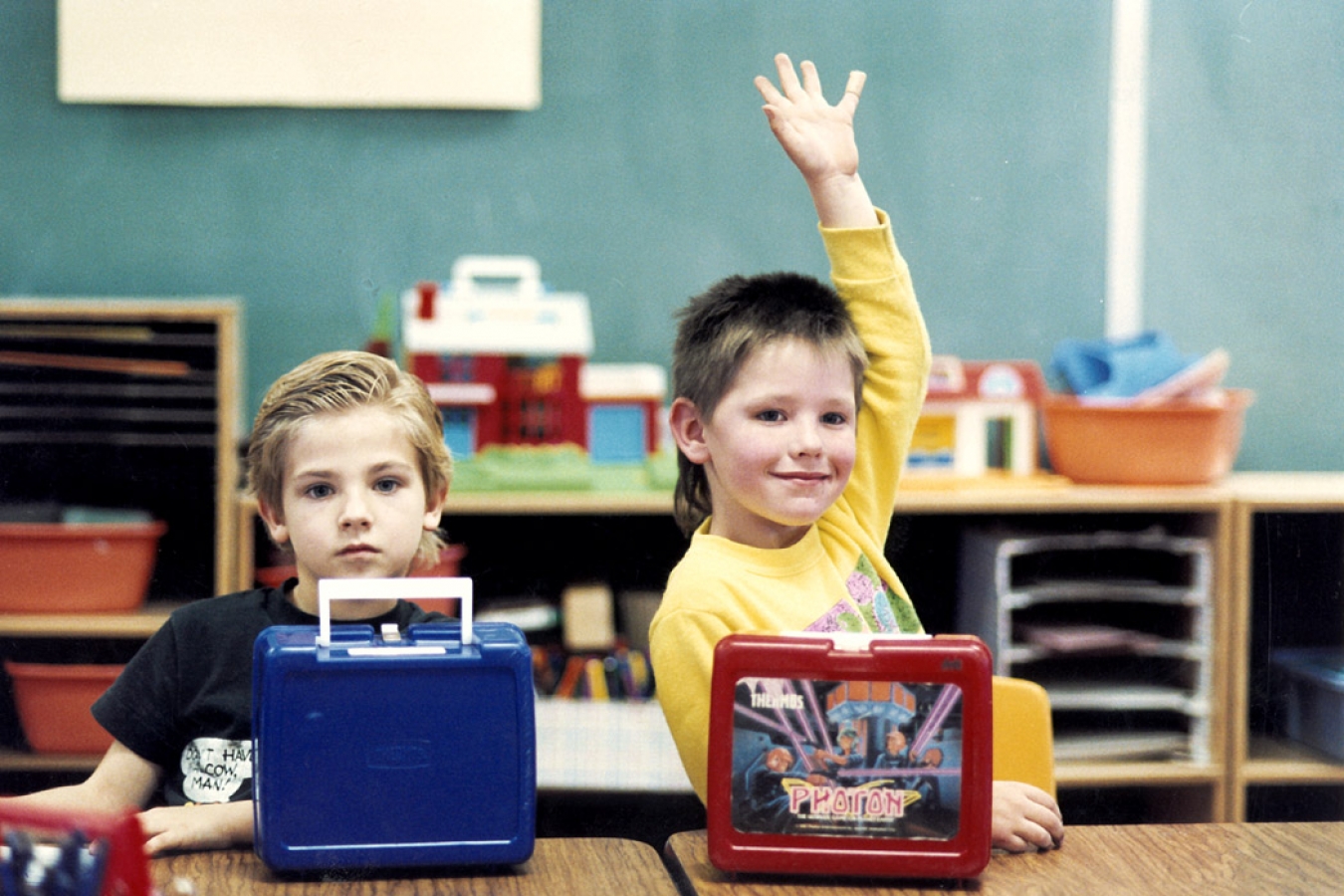


 5:58:50
5:58:50  2019-07-11
2019-07-11  1366
1366

The concept of summer learning loss isn’t new. The original research, released in 1996, compiled data from the 1970s and ’80s and kicked off a decades-long search for answers regarding what really happens to children’s learning over the summer months when school is not in session.
It’s otherwise referred to as the Cooper Analysis, named for lead author Harris Cooper, who went on to write a great deal about his findings. That meta-analysis found that about a month of school-time learning was lost over the summer, with the negative impact increasing as children grow older.
Later research included a 20-year study, spanning 1982 to 2002.
In the years since, researchers have had debated the reasons some students experience learning loss during summer breaks, with some experts pointing to the gaps for children of lower socioeconomic status.
Others have theorized that the learning gap is actually established prior to the age of 5, with those gaps simply enduring and accounting for what researchers have observed when children begin 9th grade.
Others still, such as researcher Paul T. von Hippel, associate professor at the University of Texas at Austin, have examined the validity of our previously believed conclusions, questioning whether or not summer learning loss is, in fact, a real thing.
But while experts continue to debate why this may occur, many teachers say it does — and there are a number of things parents can do about it.
What teachers think
Natalie Rohde has been an elementary school teacher for 20 years, teaching kindergarten through 8th grade. The Michigan resident has a master’s degree in education as a reading specialist, and a lot of experience in helping students to bounce back from those summer months.
In her experience, she says, “summer learning loss is very real, but it does not impact all children in the same ways.”
She’s not referring to socioeconomic status, though. Instead, she’s referring to children being especially hindered in the ways they may have already struggled.
“If a child struggles with socialization, for example, we tend to see the greatest loss of learning in that area in the fall, once school is back in session,” she explained. This is because the structures that were put into place to help that child succeed socially during the school year often disappear during those summer months.
“They are without the support they need to continue to grow and develop, and they’re often surrounded by the things that may have caused the issues to form in the first place,” Rohde explained.
When it comes to socialization struggles, this may come down to family dynamics, smaller friendship choices based on neighborhood availability, and even a lack of people to interact with.
That same loss can translate into academics, particularly for those who had academic struggles to begin with. “Parents are often worn down from the school-year nightly battle and just don’t have it in them to continue. When those academic struggles hit and are not worked on for two months, two plus years of learning loss can and do happen.”
As a teacher, she admits it can be frustrating. “I will work all year with a child to get them to grade level standards, and then they will not continue that work over the summer.”
The result?
“They come back in the fall further behind than when they left, but the standards have already risen for the next grade level, so not only have they lost learning, but they are at an even further disadvantage as they try to get back to grade level and catch up with their peers who have not lost learning and have already continued to move forward.”
The kids impacted the most
American Academy of Pediatrics (AAP) spokesperson and chair of the AAP Council on School Health Dr. Marc Lerner, told Healthline that research on summer learning loss is old, but what we do know is that “the impact is more substantial on low-income children, and it’s been estimated that after elementary school there may be as much as three grades worth of loss seen in these vulnerable children.”
With that much learning loss taking place, Learner, who is also a pediatric developmental and behavioral physician, pointed out, “It’s not only summer learning loss. These things can be cumulative, and may contribute to the income gap between high and low income families and the progress of their children.”
The potential reasons for these differences are varied, but Lerner thinks some of it may come down to not all families being aware of the opportunities available to supplement learning during the summer.
But as a pediatrician, it’s not just the learning loss Lerner worries about when it comes to these vulnerable children.
“I also worry about the loss of multiple school resources for students during the summer, to include food. We have a lot of kids who rely on their schools for free or reduced cost breakfast and lunch programs,” he said.
Those programs disappear in the summer months, leaving many kids vulnerable to the impact of hunger.
Then there are the support services, such as speech and occupational therapy, that a lot of children receive through the school system. When those services are no longer available in the summer months, many fall behind in the progress they may have otherwise been making.
What parents can do
Lerner encourages families to look into the resources that may be available to them in their area during the summer months.
Many states offer scholarship programs for day camps and activities that can provide learning opportunities and access to other school benefits that may be lost in the summer, including food programs.
“There is federal funding to support summer learning experiences, but it’s not broadly accessed or funded enough to make the school year longer,” he explained.
Still, in California he said that the department of education puts out a program that identifies summer resources.
“An example is a free math skills program for elementary and middle school called the summer math challenge,” he said.
Parents can also receive daily emails with activity links to educational resources. And libraries often have programs as well.
Additionally, teachers are often a good resource for parents who want to learn more about the various programs offered in their area that can help diminish the effects of summer learning loss — even for families who don’t have the financial capabilities to afford expensive summer camps.
Keeping up from home
Rohde acknowledges that every family has different dynamics and challenges that may make it more difficult to help a child stay on track, but she offers these suggestions for helping kids beat the summer slide. They include:
Most of all, she suggests parents look at learning as an everyday activity.
“In the weeks leading up to school, don’t try to cram it all back in. If you do a little each day, or 4 to 5 days a week, there won’t be a need,” she said.
Reality Of Islam |
|

A new lens-

Labor short

A new ultra

Batteries p
 9:3:43
9:3:43
 2018-11-05
2018-11-05
10 benefits of Marriage in Islam
 7:5:22
7:5:22
 2019-04-08
2019-04-08
benefits of reciting surat yunus, hud &
 9:45:7
9:45:7
 2018-12-24
2018-12-24
advantages & disadvantages of divorce
 11:35:12
11:35:12
 2018-06-10
2018-06-10
 6:0:51
6:0:51
 2018-10-16
2018-10-16
 7:0:55
7:0:55
 2022-05-17
2022-05-17
 8:21:9
8:21:9
 2018-06-21
2018-06-21
 7:26:19
7:26:19
 2022-04-08
2022-04-08
 12:10:56
12:10:56
 2022-11-17
2022-11-17
 12:47:1
12:47:1
 2022-12-20
2022-12-20
al-hussain (peace be upon him)
 10:18:1
10:18:1
 2022-09-21
2022-09-21
 10:55:53
10:55:53
 2022-06-13
2022-06-13
 5:41:46
5:41:46
 2023-03-18
2023-03-18
| LATEST |